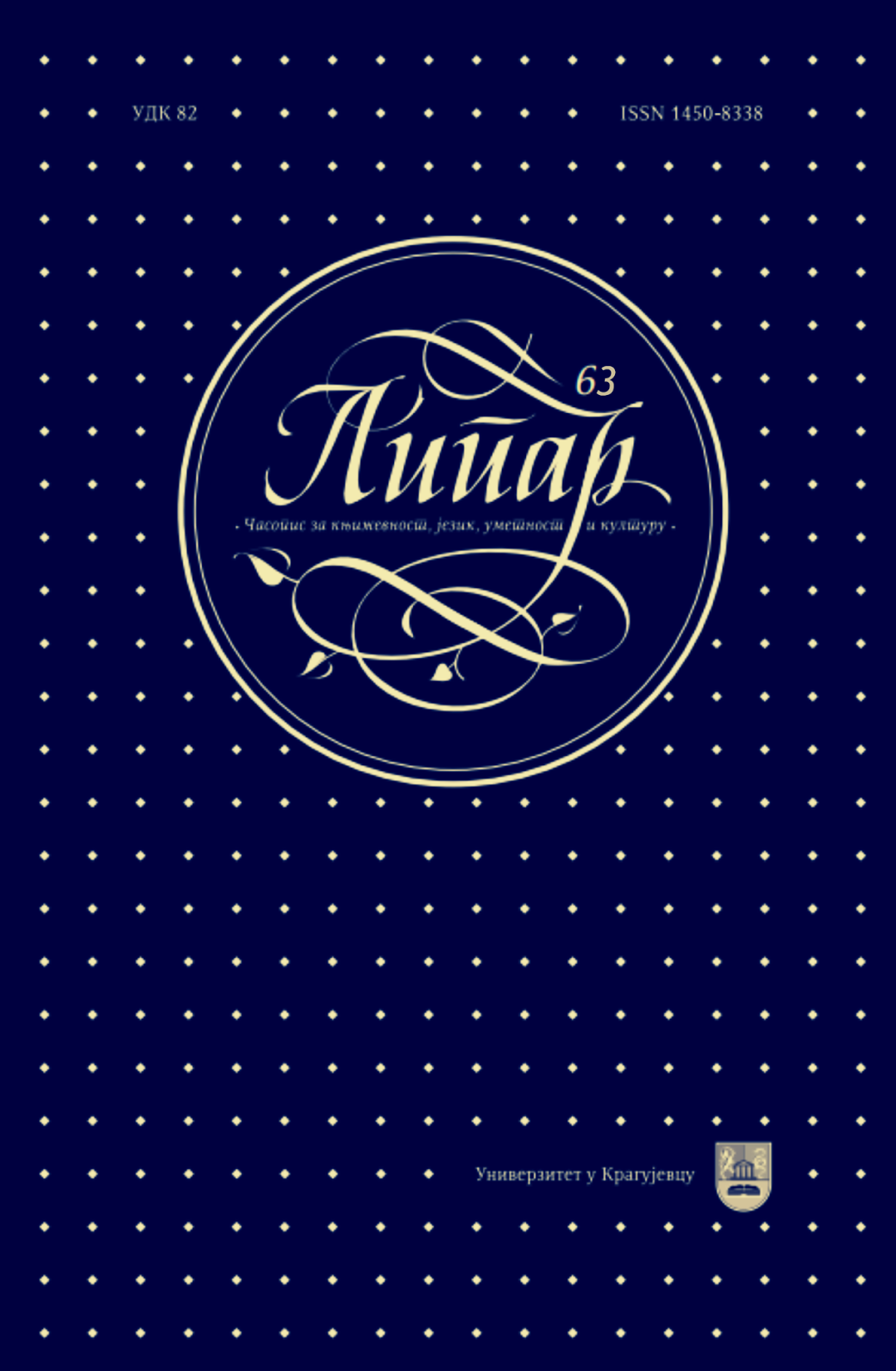ICT-MEDIATED EDUCATION AND THE PROSPECTS
OF THE KNOWLEDGE SOCIETY IN THE FORMER
YUGOSLAVIA, WITH A FOCUS ON BOSNIA AND
HERZEGOVINA
ICT-MEDIATED EDUCATION AND THE PROSPECTS
OF THE KNOWLEDGE SOCIETY IN THE FORMER
YUGOSLAVIA, WITH A FOCUS ON BOSNIA AND
HERZEGOVINA
Author(s): Svetlana MitićSubject(s): Social Sciences, Education, Higher Education
Published by: Универзитет у Крагујевцу
Keywords: Knowledge Society; transition; culture; acculturation; ethnicity; ICT; education; MOOCs
Summary/Abstract: This paper looks into the prospects for the transition of some post-Yugoslav societies, with the main focus on Bosnia and Herzegovina, to the Knowledge Society, in light of the political and socio-economic changes in the region in the last twenty-five years. It considers the possibility of their implementing social and cultural paradigms taken to characterize the Knowledge Society as grounded in the use of information and communication technology and hybridizing their cultures. Also considered are the perceived benefits and drawbacks of ICT-mediated education, taking into consideration technology itself, as well as politics, the economy, and the dichotomy of what is implementable formally and informally. Some of the arguments used to support the conclusions of the paper refer to Ivan Illich’s unorthodox social philosophy, which proposed radical deinstitutionalization of society, including schools. Illich’s ideas are revisited in light of the failing economies and degrading societies of the post-Yugoslav nation-states, as well as of the potential of massive open online courses, or MOOCs, as an instrument of alternative or informal education. While education technology, with its distance and online learning and MOOCs in particular, might make education more egalitarian and widely accessible, its use must be considered bearing in mind its actual benefits for different social groups and individuals, as well as the implications and sine qua non for whole societies transitioning, or aspiring to transition, to the Knowledge Society, and not simply the Knowledge Economy.
Journal: Липар - часопис за књижевност, језик, уметност и културу
- Issue Year: XVIII/2017
- Issue No: 63
- Page Range: 207-221
- Page Count: 15
- Language: English

